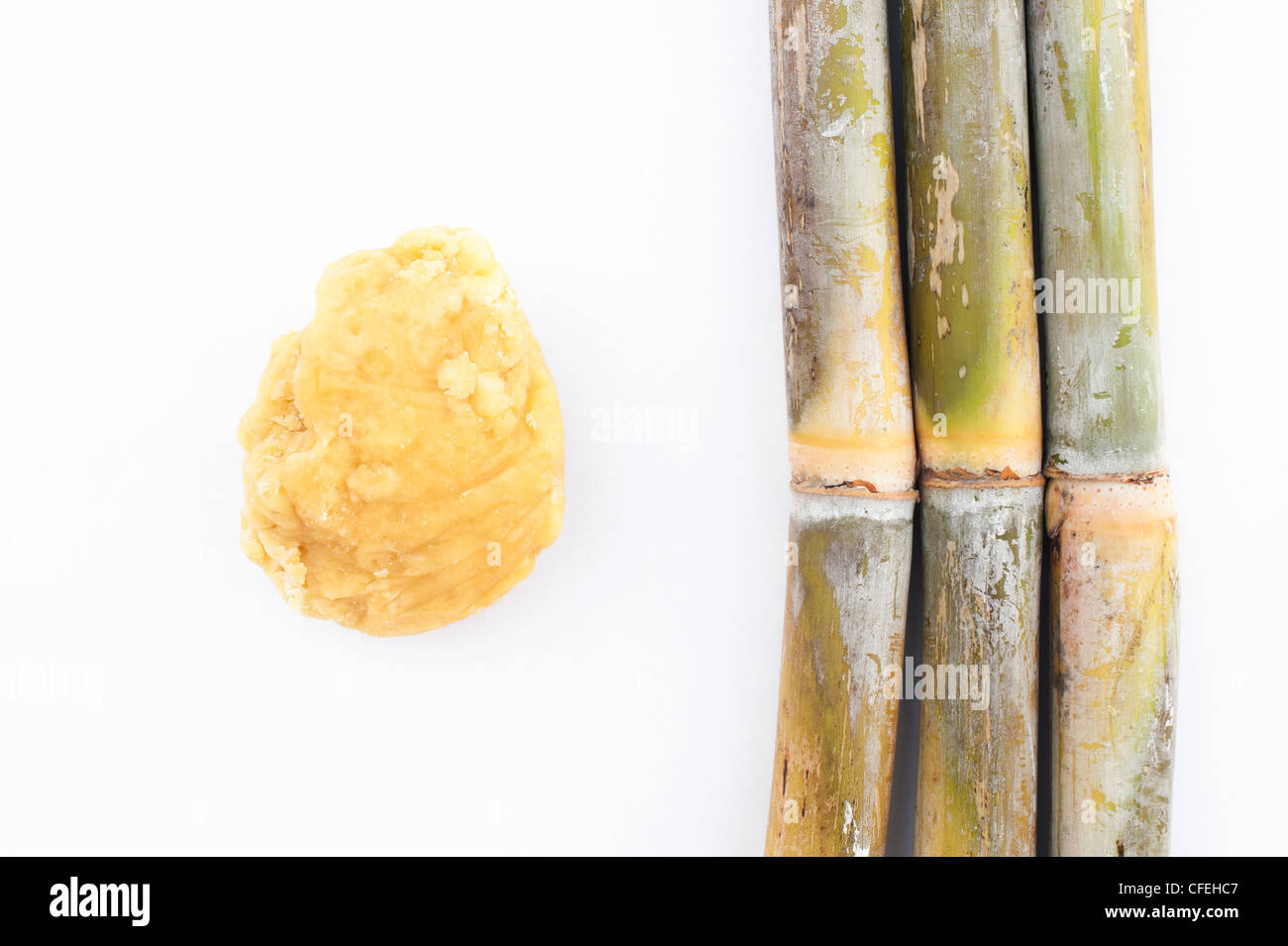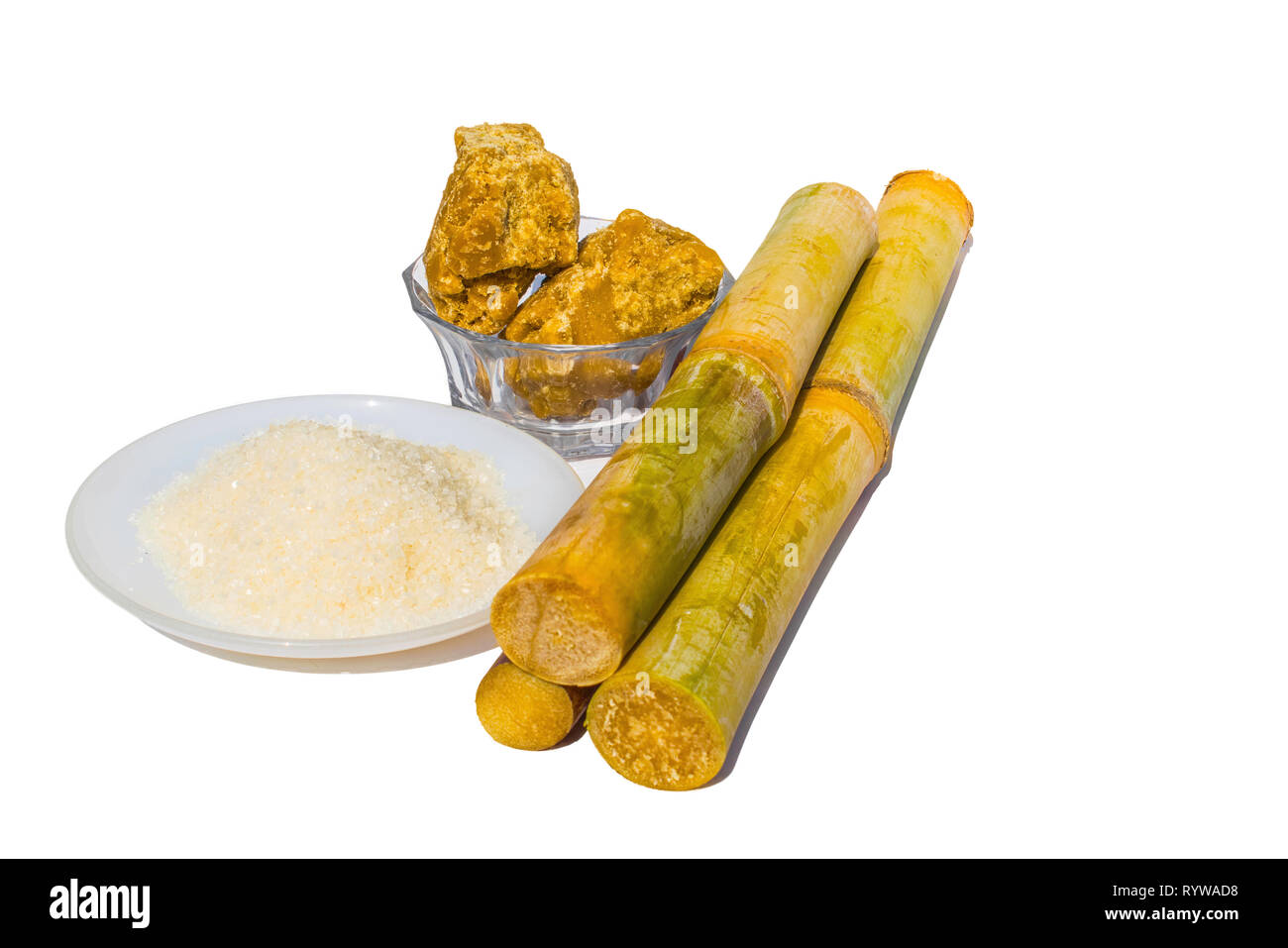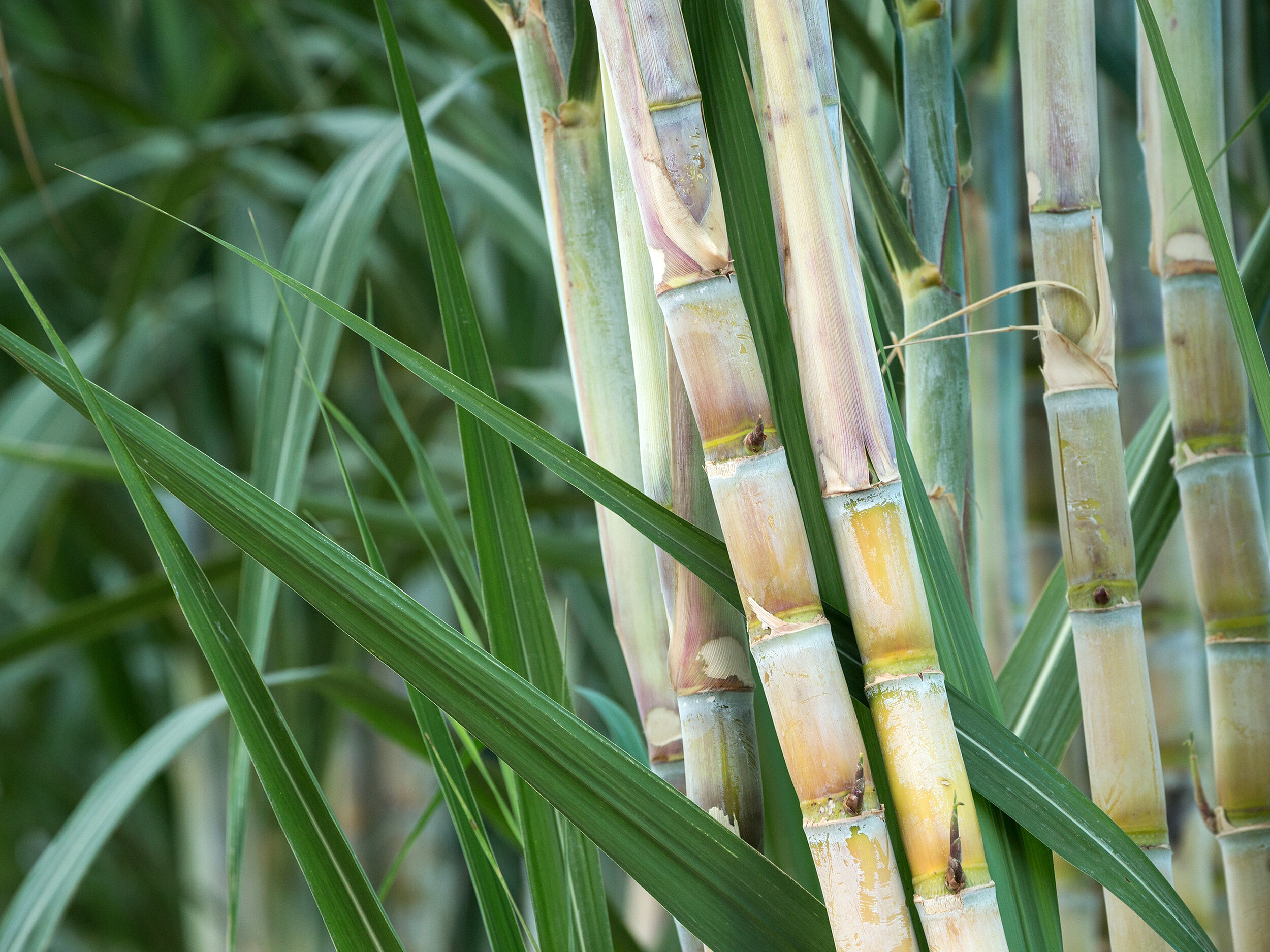The Nutritional Value and Positive Effects of Sugarcane Product
The Nutritional Value and Positive Effects of Sugarcane Product
Blog Article
Sustainable Sugarcane Products: From Sweeteners to Eco-Friendly Item
The capacity of lasting sugarcane products expands past traditional sugar to include an array of environment-friendly goods, offering a compelling instance for their combination right into contemporary customer methods. As the globe grapples with pressing ecological issues, sugarcane arises as a versatile source capable of attending to both dietary requirements and sustainability objectives.
Introduction of Sugarcane Sustainability
As the need for ecologically pleasant products expands, recognizing sugarcane sustainability ends up being significantly essential. Sugarcane, a functional crop, is cultivated largely in tropical and subtropical areas, and its sustainability is important for both ecological health and economic feasibility. Lasting sugarcane farming practices focus on decreasing ecological effect while making the most of efficiency and productivity.
Key elements of sugarcane sustainability consist of reliable land use, decreased chemical input, and enhanced water administration. Practices such as plant turning, integrated insect administration, and organic fertilization add to dirt health and wellness and biodiversity. Furthermore, innovative modern technologies, such as precision agriculture, help enhance source usage and lower waste.
Moreover, sugarcane is a renewable resource, with spin-offs that can be used in different markets, from biofuels to eco-friendly plastics, therefore reducing dependence on fossil fuels and diminishing carbon footprints. Certifications like the Bonsucro basic motivate sustainable practices across the supply chain, promoting openness and liability.

Sugarcane-Based Sugar
Utilizing sugarcane as a primary resource, sugarcane-based sugar have gained prominence as all-natural options to refined sugars and sweetening agents (sugarcane product). These sugar, originated from the extraction and handling of sugarcane juice, use a variety of items that accommodate diverse customer preferences, consisting of natural and minimally processed alternatives
Among the most remarkable sugarcane-based sweeteners are raw cane sugar, panela, and molasses. Raw walking cane sugar keeps even more of the natural flavors and nutrients discovered in sugarcane, making it a favored selection for health-conscious consumers. Panela, a typical Latin American sweetener, is produced by vaporizing sugarcane juice, preserving its all-natural minerals and vitamins. Molasses, a byproduct of sugar removal, is rich in antioxidants and essential nutrients, working as a nutritious sweetening representative in various cooking applications.
The expanding demand for sugarcane-based sweeteners is driven by raising understanding of health and sustainability problems related to traditional sugar. By choosing sugarcane-derived products, customers not just support sustainable farming techniques but likewise add to a much healthier lifestyle, aligning their nutritional selections with their environmental values.
Naturally Degradable Product Packaging Solutions
Emerging as a practical option to standard plastics, biodegradable packaging services obtained from sugarcane are changing the product packaging sector. These cutting-edge materials offer an eco-friendly choice that attends to the expanding problems over plastic air pollution. Utilizing the natural sugars found in sugarcane, producers are developing various types of naturally degradable packaging, including films, containers, and wraps that decompose much more rapidly than conventional plastics.
The primary read the article benefits of sugarcane-based packaging hinge on its eco-friendly sourcing and its capacity to damage down right into non-toxic results. Unlike fossil fuel-derived plastics, which can continue the setting for centuries, sugarcane packaging usually disintegrates within a few months under proper problems. This decrease in waste not only reduces landfill overflow yet additionally reduces the carbon footprint associated with product packaging products.
Additionally, sugarcane-derived packaging maintains durable performance qualities, offering equivalent resilience and capability to traditional choices. As businesses and customers progressively prioritize sustainability, the adoption of eco-friendly packaging remedies represents a significant action towards a round economic climate, where materials are recycled and regenerated as opposed to disposed of. This change not only enhances brand name image however also adds other to a more lasting future for the planet.
Eco-Friendly Textiles and Fabrics
Green textiles and textiles are acquiring grip in the fashion and home items industries as customers increasingly require sustainable choices to conventional products. Among the significant options are materials acquired from sugarcane, which provide an eco responsible option to artificial fibers. These textiles are created via a process that uses the renewable energies discovered in sugarcane, significantly minimizing dependence on petroleum-based products.

As the market for lasting fabrics broadens, consumers can look forward to innovative layouts that incorporate design with environmental responsibility. Ultimately, eco-friendly fabrics and textiles represent a significant action towards minimizing the fashion sector's ecological footprint while catering to the expanding demand for responsible customer options.
Developments in Sustainable Farming
Changing farming practices, innovations in lasting farming are transforming the means plants are grown and taken care of. These developments concentrate on decreasing environmental influence while making best use of effectiveness and productivity. Strategies such as precision farming use information analytics and satellite imagery to maximize resource usage, making sure that water, fertilizers, and pesticides are used only where required. This targeted strategy not only lowers waste but additionally improves plant yields.

Furthermore, agroecology, which incorporates eco-friendly principles into farming, promotes biodiversity and dirt wellness. Practices such as plant rotation, cover cropping, and intercropping foster resilient environments that can hold up against pests and climate variations - sugarcane product. Furthermore, using natural plant foods and biopesticides adds to much healthier dirts and ecosystems

Together, these developments are not only reshaping the farming landscape yet additionally adding to a much more sustainable future for sugarcane and other plants, straightening farming experiment environmental stewardship.
Conclusion
Lasting sugarcane products represent a substantial improvement in eco-friendly options, spanning from natural sugar to naturally degradable items. As consumer preferences significantly lean towards lasting options, the flexibility of sugarcane as a sustainable source becomes progressively pertinent.
The potential of lasting sugarcane items expands past typical sweeteners to include an array of environmentally friendly products, presenting an engaging case for their integration right into modern customer methods. Sustainable sugarcane farming practices focus on decreasing environmental influence while making the most of efficiency and productivity.
Sustainable sugarcane products represent a considerable improvement in eco-friendly alternatives, spanning from natural sweeteners to naturally degradable products. The farming of sugarcane via lasting techniques not just enhances environmental health but also contributes to economic practicality. As consumer preferences increasingly lean towards sustainable options, the versatility of sugarcane as a renewable resource comes to be significantly pertinent.
Report this page